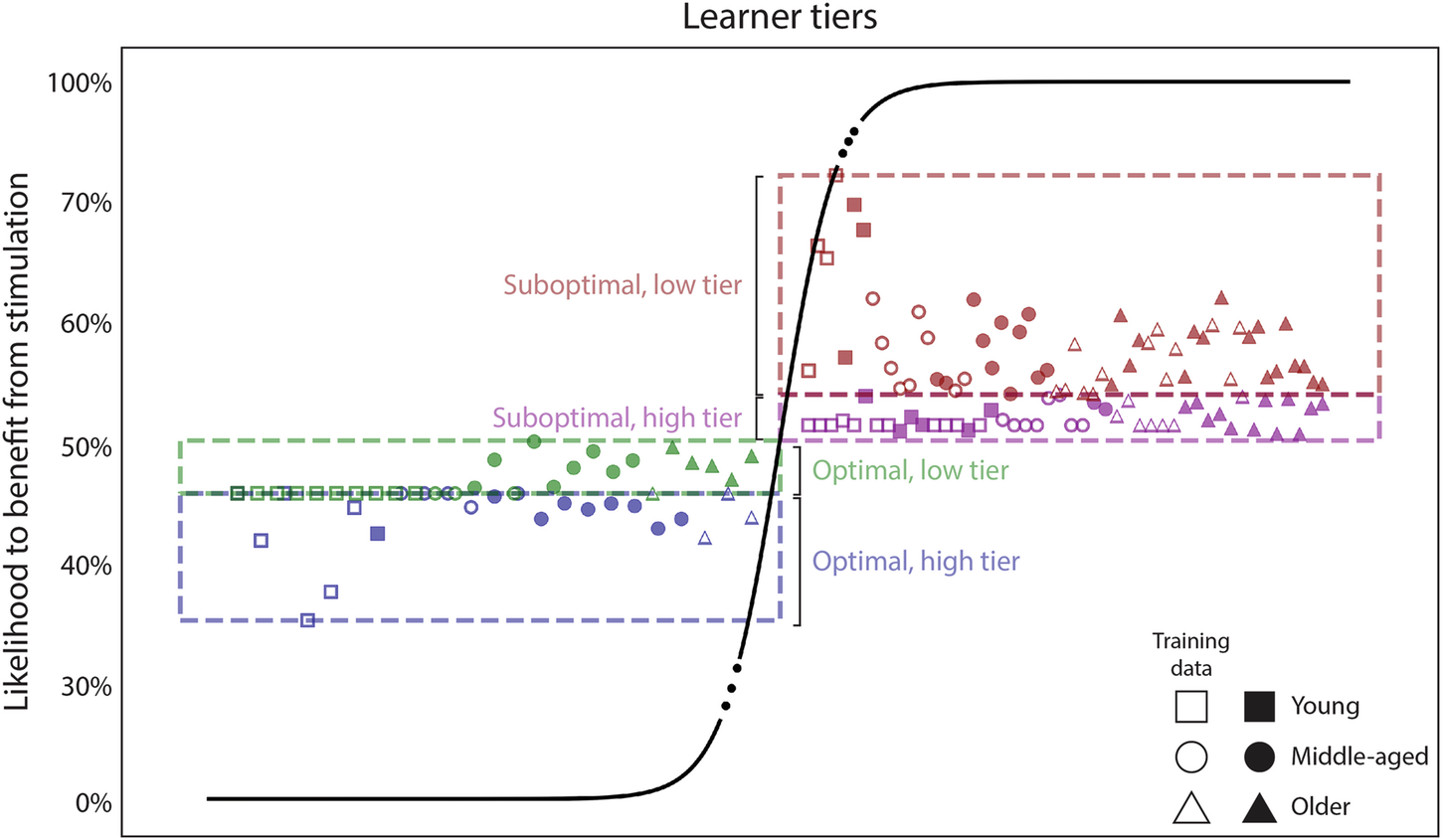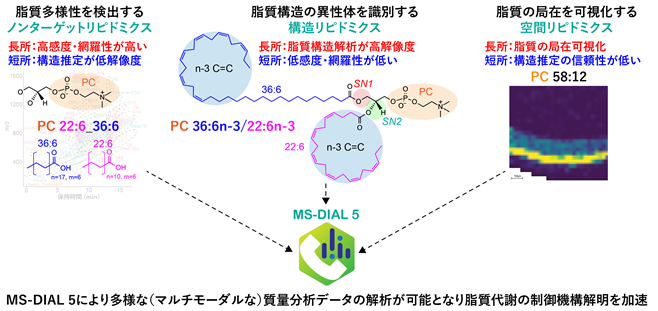2024-11-28 カロリンスカ研究所(KI)
<関連情報>
- https://news.ki.se/hormone-therapy-affects-the-metabolic-health-of-transgender-individuals
- https://onlinelibrary.wiley.com/doi/10.1111/joim.20039
トランスジェンダーにおけるホルモン療法5年間の局所的な脂肪・筋肉組成および心代謝バイオマーカーの縦断的変化 Longitudinal changes in regional fat and muscle composition and cardiometabolic biomarkers over 5 years of hormone therapy in transgender individuals
Tommy R. Lundberg, Andrea Tryfonos, Lisa M.J. Eriksson, Helene Rundqvist, Eric Rullman, Mats Holmberg, Salwan Maqdasy, Jennifer Linge, Olof Dahlqvist Leinhard, Stefan Arver …
Journal of Internal Medicine Published: 27 November 2024
DOI:https://doi.org/10.1111/joim.20039
Graphical Abstract

Abstract
Background
Longitudinal studies investigating hormone therapy in transgender individuals are rare and often limited to 1- to 2-year follow-up periods.
Objectives and Methods
We examined changes in body composition, muscle volumes, and fat distribution as well as muscle strength, arterial stiffness, and cardiometabolic biomarkers in both transgender men (TM; n = 17, age 25 ± 5 years) and transgender women (TW; n = 16, age 28 ± 5 years) at baseline and after 1 and 5–6 years of hormone therapy in a longitudinal prospective cohort design. Whole-body and regional fat and muscle volumes were analyzed using magnetic resonance imaging, and blood samples were taken.
Results
Skeletal muscle size increased in TM (21% after 6 years) and decreased in TW (7% after 5 years). Muscle strength increased 18% after 6 years in TM (p = 0.003) but was statistically unchanged in TW. Muscle fat infiltration changed (p < 0.05) almost completely toward the affirmed sex phenotype after 1 year of therapy in both TM and TW. The most notable changes in fat volume distribution were that TW increased total adiposity but decreased visceral fat volume, whereas TM showed increased visceral fat (70%) and liver fat but relatively stable total adipose tissue levels. Although arterial stiffness and blood pressure did not change, there was a significant increase in triglyceride and LDL cholesterol levels and a decrease in HDL levels in TM after 6 years.
Conclusion
These unique longitudinal data underscore the importance of continued clinical monitoring of the long-term health effects of gender-affirming hormone therapy in both TW and, perhaps especially, TM.

